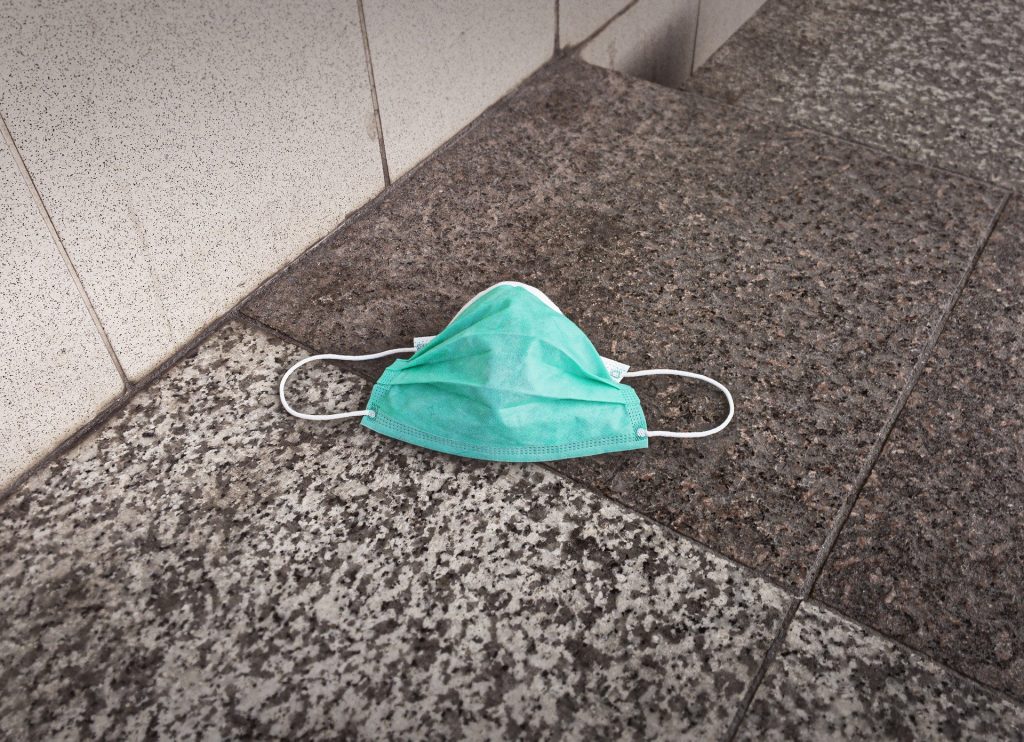Anyone with a new persistent cough or high temperature is now advised to self-isolate for seven days, as the UK government moves to the “delay” phase of its plan to tackle coronavirus.
From Friday, school trips abroad will be banned, and older people and those with pre-existing health conditions have been told not to go on cruises.
PM Boris Johnson said it was “the worst public health crisis for a generation”.
In total, 10 people have now died in the UK with the virus.
There have been 596 confirmed cases across the country. However, the actual number of people infected could be between 5,000 and 10,000, the government’s chief scientific adviser Sir Patrick Vallance said.
Announcing the measures after an emergency Cobra meeting, Mr Johnson said: “Some people compare it to seasonal flu, alas that is not right. Owing to the lack of immunity, this disease is more dangerous.
“It is going to spread further and I must level with you, I must level with the British public, many more families are going to lose loved ones before their time.”
The number of UK cases rose by more than 100 on Thursday, up from 456 on Wednesday – with 491 in England, 60 in Scotland, 20 in Northern Ireland and 25 in Wales.
As of 09:00 GMT, a total of 29,764 people had been tested for the virus in the UK.
The latest two deaths were an 89-year-old and a woman in her 60s – at two hospitals in London. They both had underlying health conditions.
Up to now, under the previous strategy of containment, people were told to self-isolate only if they had the cough and fever but had also been to an affected country recently, or had contact with someone who had tested positive for the virus.
The delay phase aims to lower the peak impact of the virus and push it away from the winter season – when pressures on the NHS are more acute because of issues including seasonal flu.
Delaying the outbreak’s impact could also buy time for the testing of drugs and development of vaccines and/or improved therapies or tests to help reduce the impact of the disease.
Source:BBC
